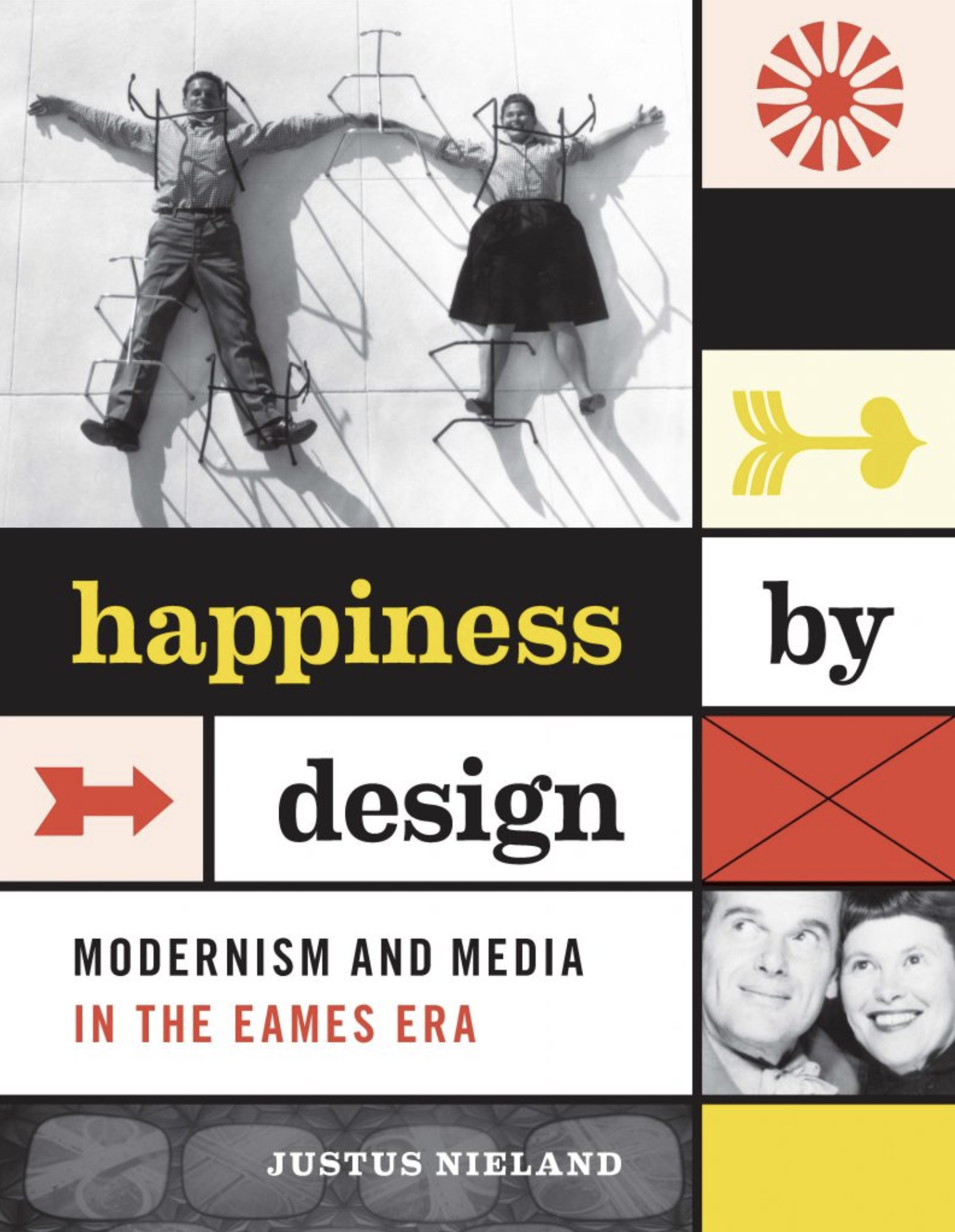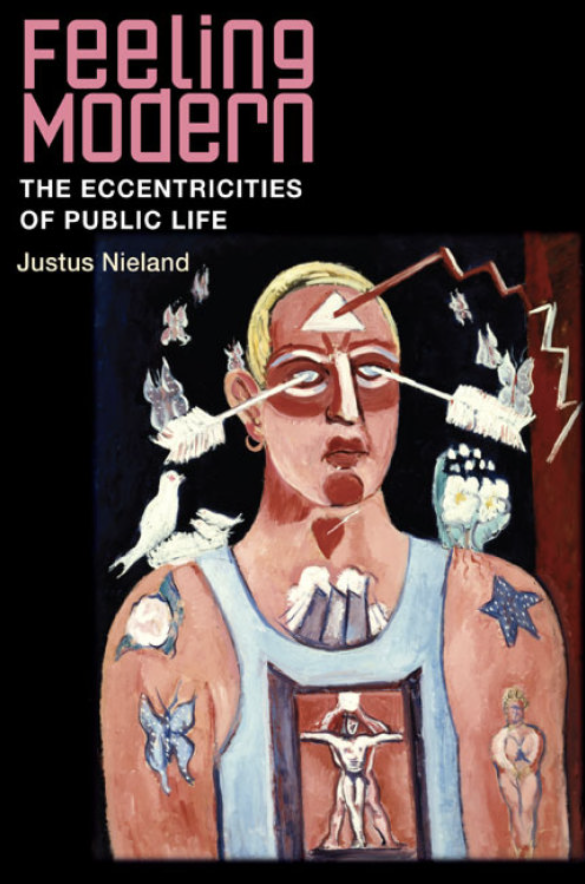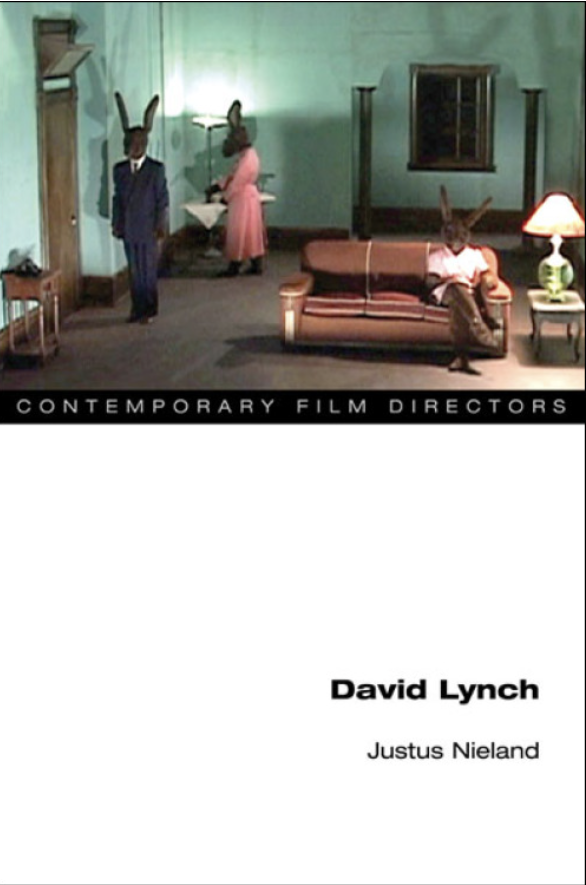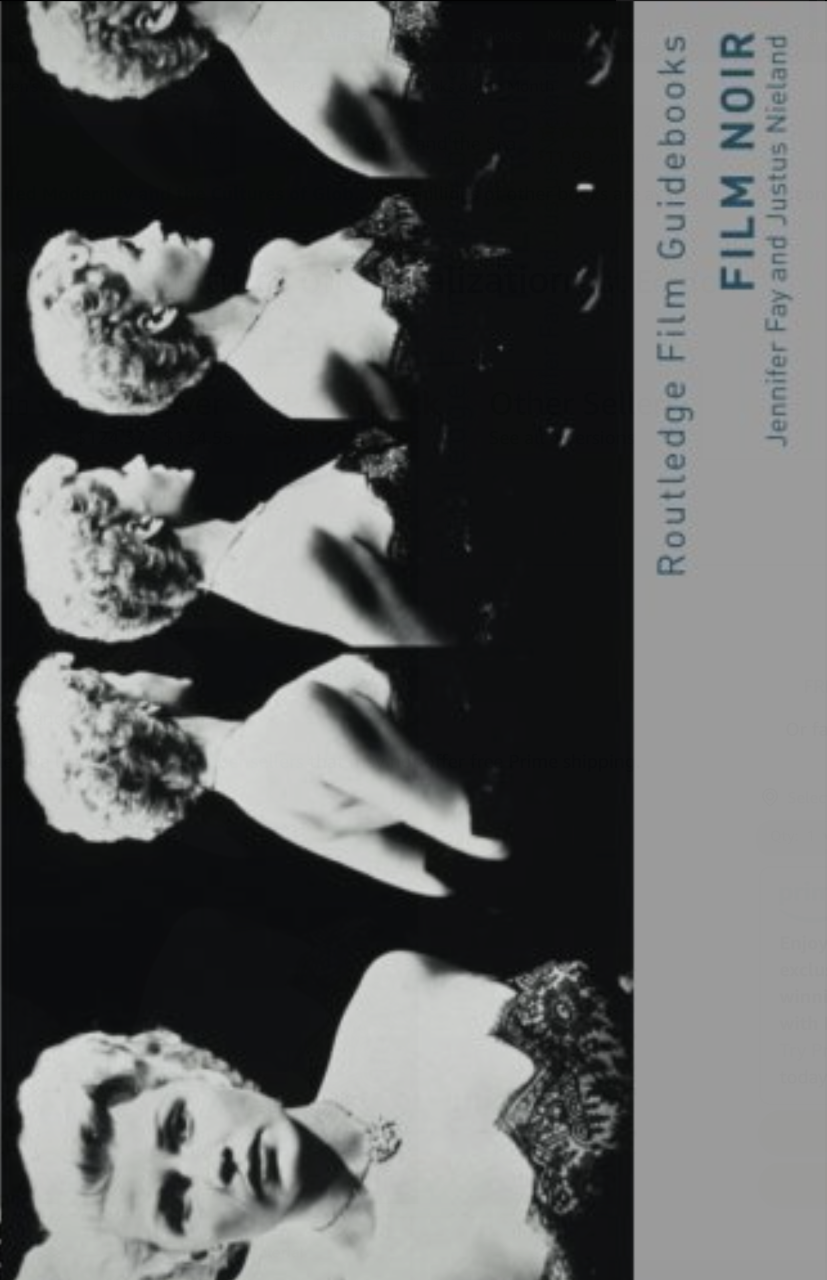Justus Nieland
nieland@msu.edu
517-355-7576
C617 Wells Hall
619 Red Cedar Rd
East Lansing, MI 48824
FacultyEnglishFilm Studies
Professor
Chairperson
Film and Media Studies, Literary Studies
Biography
Justus Nieland is Professor of English and Film Studies and Chairperson of the Department of English. He is a scholar of modernism and a film and media historian with a range of interdisciplinary interests, including modern design and architectural history, industrial film and corporate media, materialist and infrastructural approaches to the media, and the environmental humanities.
His most recent book, Happiness by Design: Modernism and Media in the Eames Era (University of Minnesota Press, 2020) was shortlisted for the 2021 Modernist Studies Association Book Prize.
He is also the author of David Lynch (University of Illinois Press, 2012), Film Noir; Hard-Boiled Modernity and the Cultures of Globalization, with Jen Fay (Routledge, 2009), and Feeling Modern: The Eccentricities of Public Life (University of Illinois Press, 2008). He is co-editor of the Contemporary Film Directors book series at the University of Illinois Press.
Artist Statement
My research focuses on the artistic and political cultures of modernism in an international and interdisciplinary frame. Recently, I’ve been writing about the film and media experiments of designers, and exploring the intersections of modern aesthetics, industrial and corporate media, and materialist and infrastructural approaches to moving-image production.
One recent essay, “Container Culture: Film, Packaging, and the Design of Corporate Humanisms”, explores the ties between modernist aesthetics and the managerial science of logistics at the Chicago-based Container Corporation of America, one of the first U.S. firms to embrace modern design in their corporate identity program, which ranged from print advertising to industrial film. The article was published in a 2021 special issue of the Yale-based journal Post45 on “Midcentury Design Cultures” that I co-edited with J.D. Connor (University of Southern California).
Another recent publication discusses the films of the midcentury architect Alden B. Dow, scion of the Dow Chemical Company, exploring the films’ relationship to the postwar saturation of a petrochemical infrastructure of everyday life. One new article from that research, “Development Film, 194X: Alden B. Dow, Lake Jackson, and the Petrochemical Good Life,” on the role of Dow’s amateur camera work in the explosive growth of Dow Chemical’s Texas Division during WWII, was published earlier this fall in a special issue of nonsite.org on “New Views on Modern Architecture at Mid-Century.” A shorted piece on the scalar flexibility of Alden Dow’s 16mm practice, is forthcoming in the Journal of Cinema and Media Studies next month, in a special “In Focus” dossier on “16mm at 100,” edited by Haidee Wasson (Concordia University).
My most recent book, Happiness by Design: Modernism, Film, and Media in the Eames Era (University of Minnesota Press, 2020), explores the transformations of modernism at midcentury through the film and media experiments of the designer, a profession with a new global prestige and world-historical mission in the Cold War period. The midcentury has often been viewed as the moment of modernism’s institutionalization, and the domestication of its utopian demands on the senses. This book, by contrast, traces a vital midcentury modernism that used film and moving-image technologies as the very media of happiness, central to the future of liberal democracy and its technical management. Being happy demanded new things, but also vanguard approaches to work and play, consumption and pedagogy, communication and knowledge production. Assuming public roles worldwide as the face of the American Century’s exuberant material culture, designers became master communicators in an era that understood multimedia education as the lifeblood of happiness and the guarantor of a human-scale modernism.
Happiness by Design extends the interdisciplinary approach to modernist affect I began in my first book, Feeling Modern: The Eccentricities of Public Life (University of Illinois Press, 2008), which offered a revisionist account of the public work of modernist emotions, ranging widely across the fields of early twentieth-century literary history, film studies, and art history. Tracking modernism’s ambitious designs on feelings as public products of early twentieth-century modernity, Feeling Modern argues that modernism’s achievement lay in its artful refashioning of public experiences in which the feelings would live a mediated life, producing strange new varieties of intimacy, sympathy, and laughter.
I’m also the author of David Lynch (University of Illinois Press, 2012). My book casts this iconic filmmaker as an interior designer, a lyric archivist of affect, and an anthropologist of untimely organisms. I discuss the range of modern design idioms that inform Lynch’s famously cinematic interiors, his work’s acute attention to the shaping of affect in particular media environments, and its insistence on the strangeness of biology lived through media.
With Jennifer Fay, I co-wrote Film Noir: Hard-Boiled Modernity and the Cultures of Globalization, with Jennifer Fay (Routledge, 2010), a book that traces film noir’s emergent connection to European cinema, its movement within a cosmopolitan culture of literary and cinematic translation, and its postwar consolidation in the US, Europe, Asia, the Middle East, and Latin America.
I’m also co-editor of the Contemporary Film Directors series at the University of Illinois Press.
Courses
Substrates of Cinema: Infrastructure, Media, Logistics
Cosmopolitan Modernism / Postmodernism
Graduate
Mysteries of the Organism: Modernism and the Meaning of Life
Graduate
Theories of Modernity
Graduate
Modernism’s Visual Cultures
Graduate
Cinemas of Affect: Hitchcock, Bunuel, Lynch
Undergraduate / Film
Classical Film and Media Theory
Undergraduate / Film
French Cinema and the Long 1960s
Undergraduate / Film
An Erotics of Cinema: Surrealism and Film Theory
Undergraduate / Film
Making Cinema Modern
Undergraduate / Film
The Media Environments of Modern British Literature
Undergraduate / Literature
Sentimentalism and its Discontents
Undergraduate / Literature
The Anti-Social
Undergraduate / Literature
Noir Fiction
Undergraduate / Literature
Modernism and the 1930s
Undergraduate / Literature
Media Mentions
Awards and Honors
Happiness by Design: Modernism and Media in the Eames Era, 2021 Modernist Studies Association Book Prize Shortlist
The Modernist Studies Association
Publications
“Development Film, 194x: Alden B. Dow, Lake Jackson, and the Infrastructure of the Petrochemical Good Life,” nonsite.org, Issue 40: “New Perspectives on Mid-Century Architecture,” ed. Todd Cronan.
“Midcentury Design Cultures.” Special issue of Post45, Issue 6, co-edited with J.D. Connor.
Happiness by Design: Modernism and Media in the Eames Era (Minneapolis: University of Minnesota Press, 2020).
“Container Culture: Film, Packaging, and the Design of Corporate Humanism at the Container Corporation of America,” in Post45, 2021, Issue 6: “Midcentury Design Cultures,” eds. J.D. Connor and Justus Nieland.
“Toward Alphaville: Noir, Communication, and the Management of Affect,” in Noir Affect, eds. Christopher Breu and Elizabeth Hatmaker (New York: Fordham University Press, 2020).
“Postindustrial Studio Lifestyle: The Eameses in the Environment of 901,” in In the Studio: Visual Creation and its Material Environments, ed. Brian R. Jacobson (Berkeley: University of California Press, 2020).
“Conference Technique: The Goldsholls and the Aspen Idea,” in Up is Down: Midcentury Experiments in Advertising and Film at the Goldsholl Studio, eds. Amy Beste and Corrine Granof (Evanston: Block Museum of Art, Northwestern University, 2018), 182-207.
“Red Harvest: Hard-Boiled Crime Fiction and the Fate of Left Populisms,” in The Cambridge History of Crime Fiction, ed. Chris Raczkowski (New York: Cambridge University Press, 2017): 179-191.
“Infrastructures of Being: Modernism as Media Studies.” Review essay. Modernism/modernity, 23:1 (January 2016): 233-242.
“Happy Making, Making-Happy: The Eameses and Communication by Design.” Modernism and Affect, ed. Julie Taylor. (Edinburgh: Edinburgh University Press, 2015): 203-225.
“Midcentury Futurisms: Expanded Cinema, Design, and the Modernist Sensorium,”Affirmations: Of the Modern 2:1 (December 2014): 46-84.
“Dirty Media: Tom McCarthy and the Afterflife of Modernism.” Modern Fiction Studies. Special Issue: New British Fiction. 58:3 (Fall 2012): 569-599.




